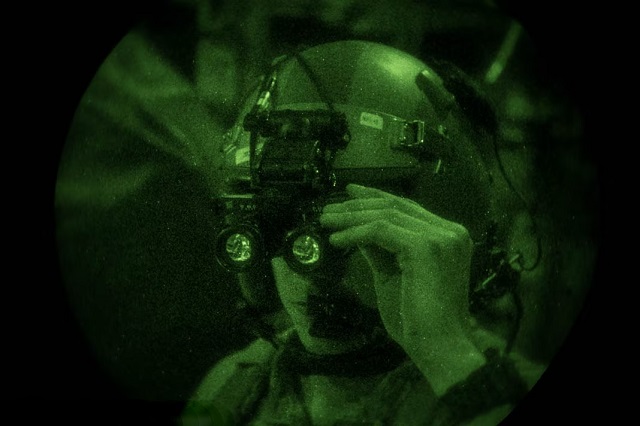Counterfeit goods, pirated software, and trade-secret theft costs legitimate businesses profits and can harm a country’s economic growth. But the United States protects the rights of creators and inventors with strong intellectual property laws and enforcement mechanisms.
“Intellectual property rights allow businesses of all sizes the ability to benefit from their innovative ideas and creations, playing a critical role in economies worldwide,” says Tarek Fahmy of the State Department’s Office of Intellectual Property Enforcement.
But what are these rights and why are they important?
4 bulwarks of intellectual property rights
While intellectual property rights cover a range of things, they are generally broken down into four categories.
Copyright law protects an original idea that turns into a work of tangible art, such as a song or a poem.
Patents are filed and then rights are granted for an original invention. Design patents are granted, for instance, for things such as a blueprint of a computer or some other technical equipment item. There are plant patents for agricultural innovations such as pest-resistant crops. Utility patents are for products that serve a practical purpose, like pharmaceutical products.
Trademarks are for anything that helps a company distinguish its products or services. A logo — like the McDonald’s Corporation’s golden arches — can be trademarked, or even the sound of an advertising jingle.
Trade secrets are protected as private company information that contain economic value or offer a competitive edge. Think of the Coca-Cola recipe, for example.
“When it comes down to it, it is about giving credit where credit is due,” says Fahmy. “These protections also garner investments, contribute to gross domestic product and add to taxable government revenue that can benefit the public. That’s why the U.S. is committed to protecting intellectual property and also holding those who violate its protections accountable.”
Legal remedies
Intellectual property violations harm consumers and other end users. U.S. courts are there to limit the damage. In October 2022, three contractors were convicted of selling the U.S. Army counterfeit uniforms (a trademark violation).
The counterfeits, which had been made in China, did not meet safety regulatory codes and thereby endangered thousands of U.S. service members’ lives. Some 13,000 jackets failed to offer camouflage as required when viewed with night-vision goggles. And almost 19,000 supposedly flame-resistant hoods could, in fact, catch fire. “The risks [service members] face should never come from the uniforms they wear and the equipment they carry,” said U.S. Attorney Zachary A. Cunha, a prosecutor who brought a case against the contractors.

U.S. airmen received counterfeit uniforms that would have been visible to enemy night-vision goggles, similar to the one worn by the U.S. service member above. (US Air Force/Staff Sergeant Rion Ehrman)
U.S. District Court judges tried the case and found the defendants guilty of conspiring to traffic counterfeit goods. The defendants, Cunha says, tried to misrepresent substandard, foreign-made knockoffs as American products.
Compromised trade secrets, too, can pose a safety threat to consumers and companies. For instance, in 2019, a Texas businessman tried to steal secrets from Houston-based company Trelleborg Offshore, which makes foam for offshore drilling buoys.
The foam keeps many offshore drilling apparatuses afloat and, if manufactured incorrectly, could lead to disaster for the drilling operations.
The businessman, Shan Shi, received $3.1 million from his company’s Chinese counterpart to imitate Trelleborg’s foam. He enticed and paid former Trelleborg engineers to work for his company, expressly to disclose the manufacturing process for Trelleborg foam. In the end, he was convicted of conspiring to commit theft of trade secrets for those efforts.
“We take very seriously the theft of intellectual property that was developed in the United States through long years of research, development, and innovation,” said U.S. Attorney Jessie K. Liu for the District of Columbia after the ruling. “Shi chose to steal the secrets of a U.S. company rather than do the hard work necessary to succeed honestly in the free market. He is now being held accountable for that choice.”
Banner image: Trelleborg Offshore, a Houston-based company, patented foam that keeps oil rig buoys, such as these, afloat. (© Shutterstock.com)
The original article is here on ShareAmerica.







COMMENTS0
LEAVE A COMMENT
TOP